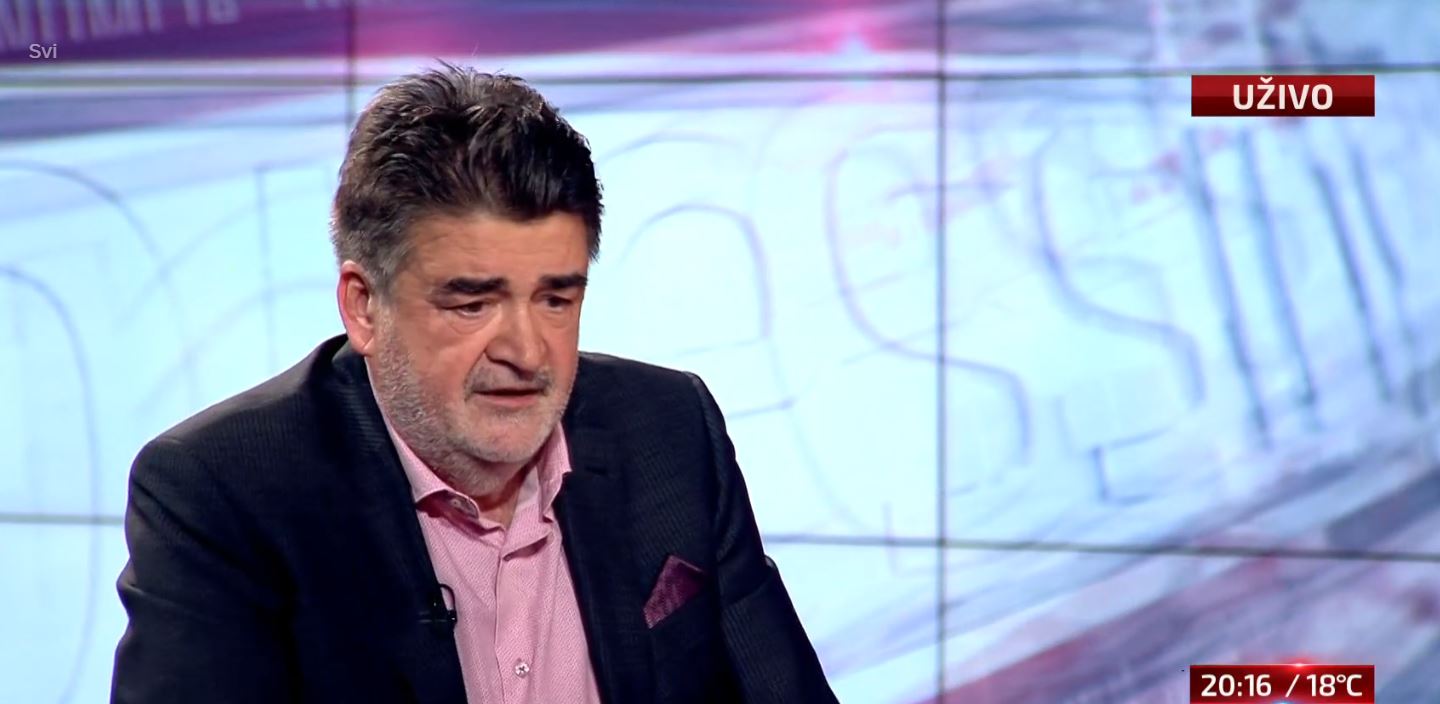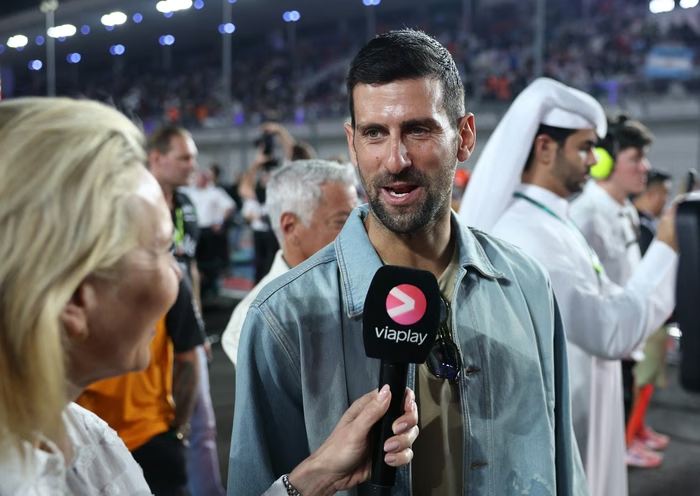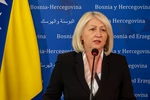
University professor Nerzuk Curak appeared on N1 Pressing to share his perspective on current global events, particularly following Iran’s recent attack on Israel. Curak opened the conversation with a stark assessment.
“We can observe that the world is on a downward slope, witnessing the potential emergence of a new world order that will be worse than the one we have now,” he remarked. He went on to explain the implications of this shift:
“This would be a world dominated by radical political ideologies. Unfortunately, many of these movements are emerging in Europe, aiming to dismantle multilateralism, legalise violent interventions in other countries, and usher in a new era that undermines the values of liberal democratic societies.”
The public realises mistakes too late
Curak reflected on the role of political leadership, highlighting that the public often becomes aware of poor decision-making only after the damage has been done. He recalled a recent statement by Hungarian Prime Minister Viktor Orban:
“Orban made an alarming comment about a month ago, stating that it is crucial for as many American citizens as possible to vote in the upcoming elections, because there may not be any future elections. This is an example of authoritarian thinking.”
Bosnia’s path to EU: A journey filled with obstacles
Turning to Bosnia and Herzegovina’s (BiH) long-standing aspiration to join the European Union, the professor noted that despite the political rhetoric, many obstacles have been placed along the way, often by domestic political actors themselves:
“Our 30-year journey towards the EU has frequently been stalled by political structures that have deliberately impeded the process. We’re not joining the EU for its sake, but to establish laws and norms—a solid institutional framework where people aren’t constantly frustrated by dysfunctionality. Once we achieve that, whether we’re formally in the EU becomes less important.”
He added that Bosnia and Herzegovina’s history shows that being part of a larger, supranational structure has not been detrimental, drawing parallels with the benefits of being integrated into larger geopolitical entities.
NATO: A strategic interest for BiH
Curak also touched upon the importance of NATO for Bosnia, expressing hope that geopolitical circumstances won’t shift to render the country irrelevant to the Alliance.
“NATO membership remains a strategic interest for BiH. It’s important to remember that all three members of the BiH Presidency have signed documents asserting that NATO and EU membership are strategic goals.”
He then addressed the weakening of Milorad Dodik, the president of the Republika Srpska (RS) entity in BiH, citing the legal proceedings against him and the loss of some of his political influence.
“Dodik is much weaker than he used to be. Legal action has been taken against him, and he has lost the power of daily violence, as his partners no longer wish to support him,” Curak observed.
Dodik's relationship with Russia and political shifts in Republika Srpska
Commenting on Dodik's upcoming trip to Russia and his meeting with President Vladimir Putin, Curak acknowledged Dodik’s resilience:
“He has incredible energy and a strong will to rule. Even in challenging circumstances, with limited manoeuvring space, he manages to achieve results that he believes are beneficial for him and his voters. However, if there’s no change in the political approach in Republika Srpska, where BiH would be treated as a homeland, we are all in a difficult position.”
Curak also noted the difference in methodology between opposition parties in Republika Srpska and Dodik’s approach. He suggested that opposition leaders like Branislav Borenovic, Igor Crnadak, and Jelena Trivic could promote a new political direction that acknowledges BiH as their homeland, encouraging cross-entity collaboration and youth engagement.
International Community and future of Bosnia’s leadership
He expressed frustration with the lack of stronger international action against Dodik and Croat Democratic Union (HDZ BiH) leader Dragan Covic, questioning why the international community has not taken a more robust stance.
“I believe the U. push for new government structures in BiH is driven more by American geopolitical interests than by concerns for BiH itself. People need to understand that BiH is more than Sarajevo; it includes the majority representatives of the Serb and Croat peoples. Forming a coalition with consensus on fundamental state and societal issues is currently not possible.”
Finally, Curak reflected on the coalition of political forces known as the "Trojka" (Social Democratic Party, Our Party and People and Justice party) and their perceived hesitancy in reaching compromises, noting that they often rely on the argument, "this is how the SDA (Party of Democratic Action) did it too."
“That’s not a valid argument—it’s not productive. New policies need to be proposed. While they have had some successes, such as reducing Dodik’s political power, the bigger question is: What do citizens want? Do they want EU membership, a neutral position, or an alignment with the East?”
Kakvo je tvoje mišljenje o ovome?
Učestvuj u diskusiji ili pročitaj komentare





 Srbija
Srbija
 Hrvatska
Hrvatska
 Slovenija
Slovenija



























































